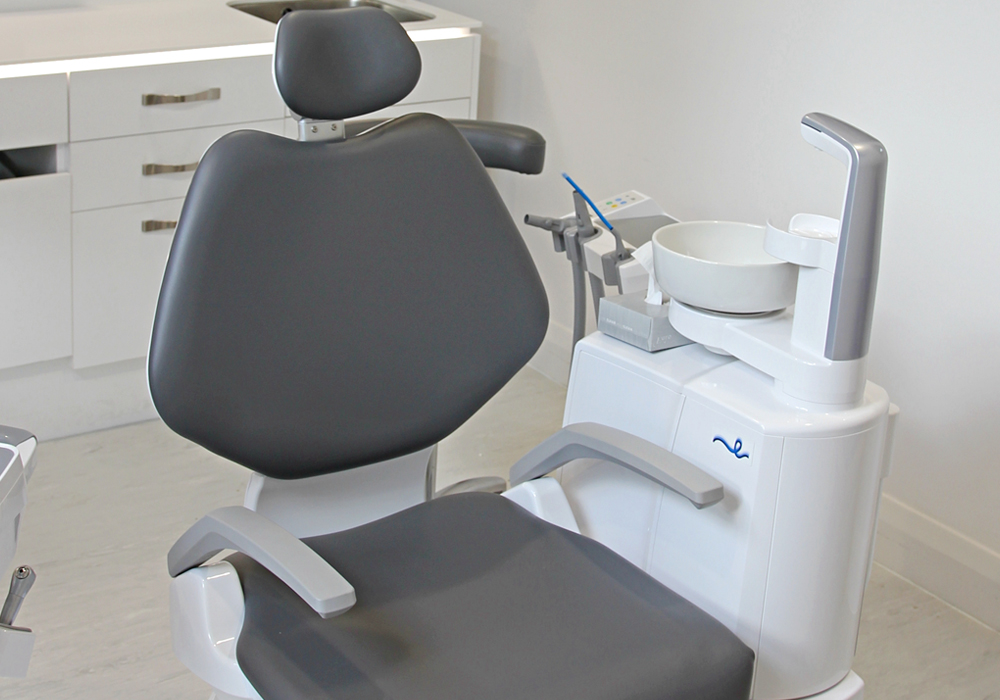Do you or your partner suffer from breathing difficulties during sleep such as snoring or obstructive sleep apnoea? You might be pleased to know that dentistry may have a solution for you. A variety of oral devices or mouthpieces are now available that will address your snoring problems. By preventing the lower jaw from dropping back during sleep, these devices can prevent the closure of your airways, which will stop you from snoring. Your dentist can fit one of these for you.

Snoring occurs when the flow of air through the mouth and nose is partially obstructed during sleep. This obstruction can be due to various factors, including the anatomy of your mouth and sinuses, being overweight, congestion from colds or allergies, alcohol consumption before bed, sleep posture, and the stage of sleep. The vibrating sounds of snoring come from the turbulent airflow causing the tissues of the nose and throat to vibrate.
Dentists can offer several solutions for snoring, depending on its cause and severity. One common treatment is the use of oral appliances designed to keep the airway open during sleep. These devices adjust the position of the lower jaw and tongue, reducing airway obstruction and the vibration of soft tissues. Your dentist can custom-fit these appliances to ensure comfort and effectiveness.
Yes, there are various types of oral appliances available to help manage snoring, including mandibular advancement devices (MADs) and tongue-retaining devices (TRDs). MADs work by slightly advancing the lower jaw to keep the airway open, while TRDs hold the tongue in a forward position to prevent it from blocking the airway. Your dentist can help determine the most appropriate type based on your specific needs.
Yes, snoring can be a symptom of obstructive sleep apnea (OSA), a potentially serious sleep disorder where breathing repeatedly stops and starts during sleep. If you experience loud snoring accompanied by daytime fatigue, morning headaches, or pauses in breathing during sleep, it's important to seek evaluation for sleep apnea. Treatment for OSA often involves the use of a continuous positive airway pressure (CPAP) machine or an oral appliance therapy.
Several lifestyle changes can help reduce snoring, including:
Oral appliances can be very effective for many people who snore, especially those with mild to moderate obstructive sleep apnea. However, the effectiveness can vary depending on the individual's specific condition, the type of appliance used, and proper fitting and use. It's important to have a dental professional custom-fit the appliance and monitor its use to ensure the best outcomes.
Yes, a prescription from a dentist or physician is typically required for a custom-fitted oral appliance. This ensures that the appliance is properly designed and fitted for your specific needs and that any potential underlying conditions, such as obstructive sleep apnea, are appropriately diagnosed and treated.
If your snoring persists despite trying oral appliance therapy and making lifestyle changes, it's important to consult with your dentist or a sleep specialist. You may require further evaluation to determine the underlying cause of your snoring and explore other treatment options, such as CPAP therapy, surgery, or alternative oral appliances.
